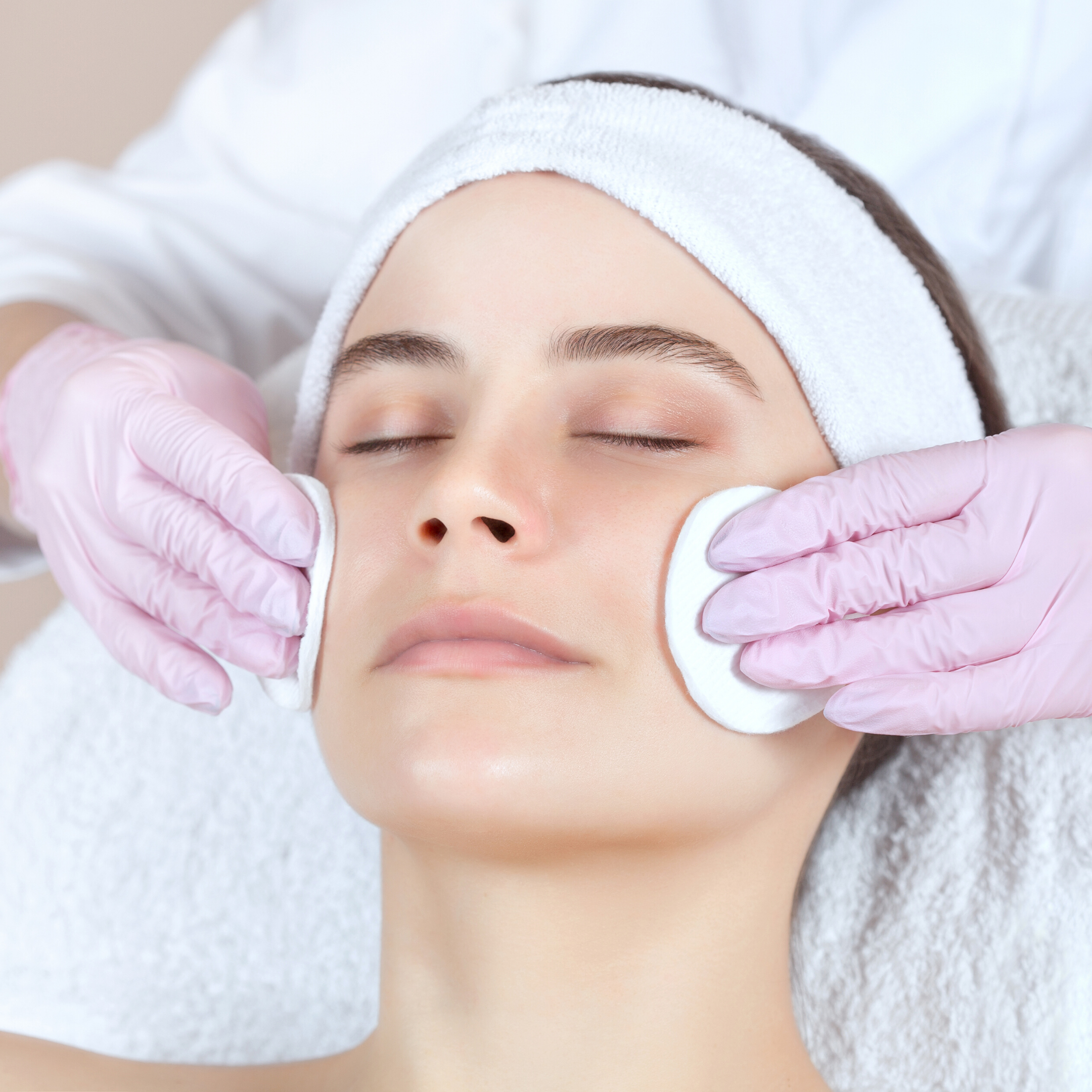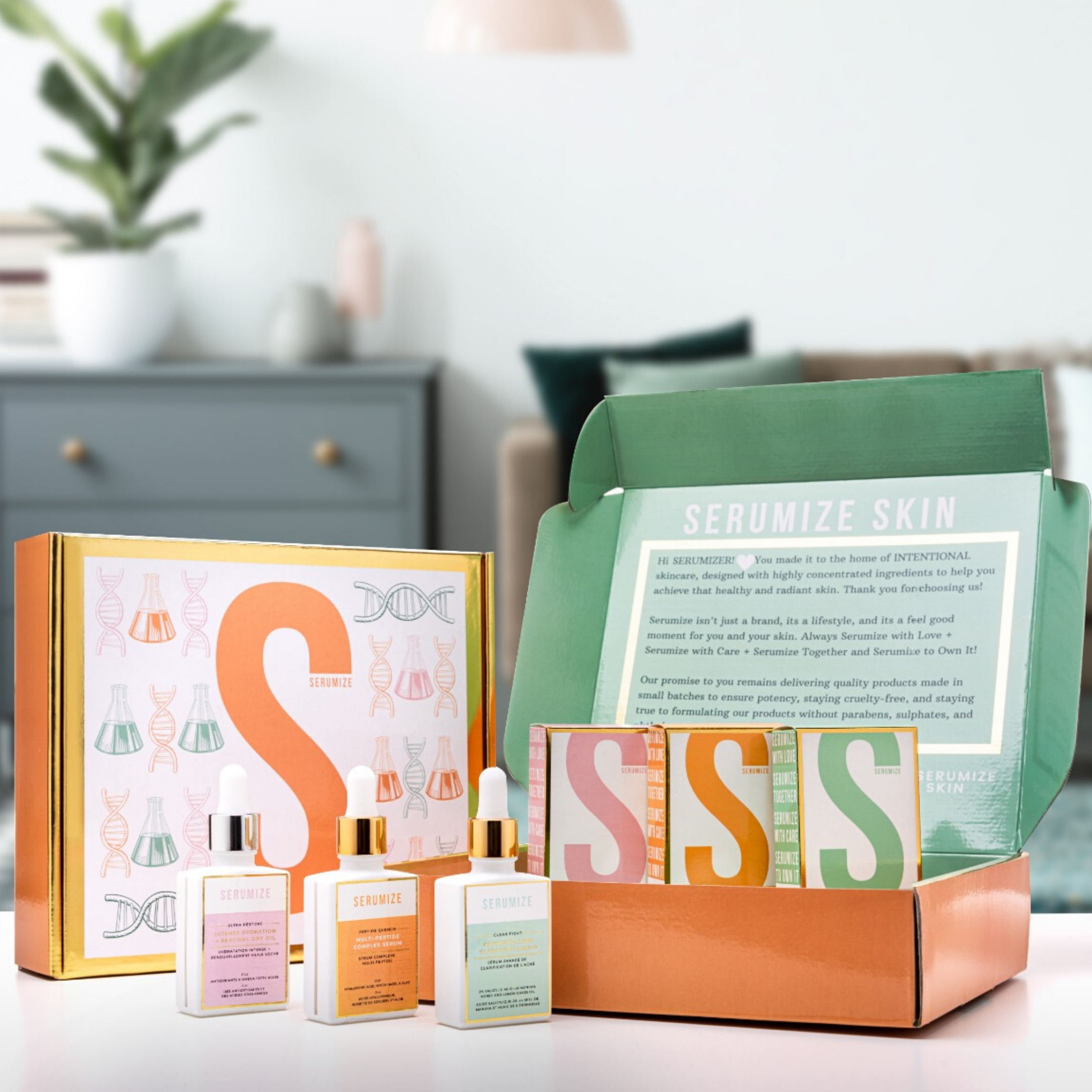Exfoliation is a process that removes dead cells from the surface of your skin. There are many benefits to exfoliating your skin, such as making your complexion more even, reducing acne, preventing blackheads and breakouts, helping with wrinkles, and clearing up acne scars.
There are many ways to exfoliate your skin at home. One way is through physical exfoliants. The other is with chemical exfoliants. Which is better is determined by skin type, skin conditions, and a few other factors.
How To Choose The Right Exfoliator For Your Skin Type
There are two main types of exfoliators: chemical and physical. Chemical exfoliants use acids like glycolic acid or alpha hydroxy acid to chemically dissolve the top layer of dead skin cells. Physical exfoliants use abrasive particles like sugar or salt to physically scrub away dead skin cells.
Chemical exfoliants are substances that cause the top layer of the skin to peel off and reveal newer, smoother skin underneath. These agents work by breaking down the "glue" that holds dead cells together on the surface of the skin. They also penetrate the popes of the skin loosening oil and dirt clogs.
Chemical exfoliants are best for people with acne-prone, oily, or combination skin because they can reduce sebum production and regulate oil production in the pores.
The most commonly used chemical exfoliants are alpha-hydroxy acids (AHAs) and beta-hydroxy acids (BHAs). AHAs are derived from fruit and milk sugars, while BHAs come from salicylic acid found in willow bark extract. AHAs include lactic acid, mandelic acid and citric acid. BHAs are majorly glycolic and citric acid.
Physical exfoliants are made of natural, or synthetic products. They can slough off dead skin cells and unclog pores. These include salt and sugar scrubs.
Physical exfoliants are preferred for their speed of exfoliation and their general affordability. However, they can be excessively abrasive, causing skin injuries. They also have low penetrative abilities, only exfoliating the surface of the skin.
Which Is Best For You?
Overall, chemical exfoliation remains greatly innovative in delivering results. The group of exfoliants has a wide range of penetrative levels. Thus, those with sensitive skin or tougher skin have options. Mandelic acid is one of the most gentle exfoliating acids. Glycolic and Salicylic acids lay on the other end of the spectrum. Here's a detailed blog post on AHAs v BHAs.
It is best to perform patch tests with chemical exfoliants before diving in to determine your skin’s sensitivity and prevent large-scale irritation. The best chemical exfoliants are designed to mitigate irritation with soothing ingredients like our Clear Fight Serum which contains hyaluronic acid.
However, physical exfoliants still have a place. They can be used on the body, especially on tough bits of skin such as elbows, knees and feet.



